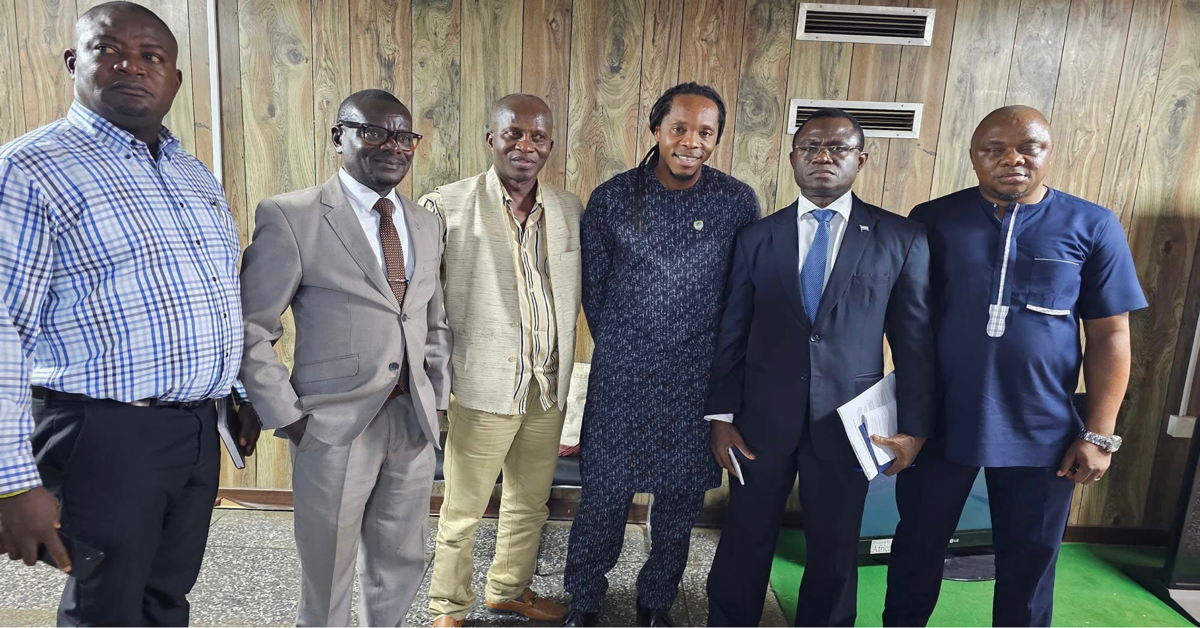In a recent development, the Monitoring and Evaluation Report details the allocation of a US$65 million budget for the Education Sector Support Project (ESSP) by the Saudi Fund for Development (SDF), OPEC Fund for International Development (OFID), and the Arab Bank for Economic Development in Africa (BADEA).
The report, unveiled yesterday, marks the inaugural monitoring report on the ESSP, a groundbreaking initiative aimed at rejuvenating the country’s educational infrastructure. Managed by the Ministry of Finance through its Project Fiduciary Management Unit (PFMU) and Project Implementation Unit (PIU), the project has disbursed US$28.67 million (44.1%) to date.
The ESSP endeavors to enhance the nation’s educational facilities by constructing 94 new buildings and rehabilitating 204 existing structures, including lecture rooms, classrooms, labs, libraries, administrative buildings, dormitories, and essential infrastructure such as water and electricity systems.
The project encompasses five key lots, including the rehabilitation of Bo Government Secondary School and Kenema Secondary School, improvements to Magburaka Boys Secondary School, new multi-purpose facilities at Prince of Wales Secondary School and various campuses, and the rehabilitation of the Milton Margai Technical University Goderich Campus.
Commencing on July 1, 2023, the project initially aimed for completion by July 2024. However, delays at various sites may necessitate adjustments to the timeline.
The report by NaMEA highlights the progress, challenges, and recommendations identified during field assessments of the project, with significant construction and rehabilitation efforts underway at nine sites nationwide.
The project is in line with Sierra Leone’s Medium-Term National Development Plan (2024-2030) and Sustainable Development Goal 4, which focuses on promoting inclusive, equitable education, and lifelong learning opportunities.
NaMEA highlighted design irregularities, such as the absence of critical components like water reticulation systems in some facilities, despite being part of the initial plans. The Agency also pointed out logistical barriers, such as poor road access to the Bunumbu campus and material theft, which have hindered progress.
To address these challenges, NaMEA called for improved collaboration between consultants, contractors, and stakeholders, as well as strict adherence to design specifications to ensure quality and functionality. Dr. James Edwin, NaMEA’s Director General, emphasized the agency’s commitment to accountability and maximizing the value of investments.
Dr. Edwin stressed that the monitoring process is focused on finding solutions to challenges rather than assigning blame. He highlighted the importance of adhering to Bills of Quantities (BoQs) to prevent the use of substandard materials or shortcuts that could compromise the project’s goals.
NaMEA’s inaugural report serves as a guide for enhancing oversight in future projects by identifying bottlenecks and promoting stakeholder collaboration. The agency aims to strengthen Sierra Leone’s capacity to deliver on its development priorities.
The Education Sector Support Program (ESSP) exemplifies the government’s dedication to developing human capital through education. With transparent monitoring and efficient execution, Sierra Leone is working towards establishing a sustainable and equitable education system that will benefit future generations.











